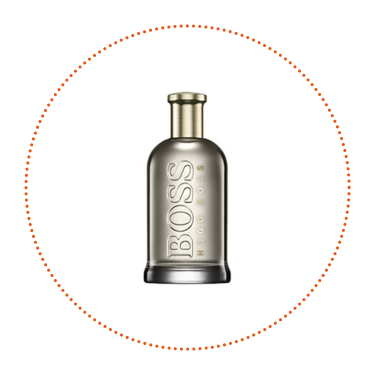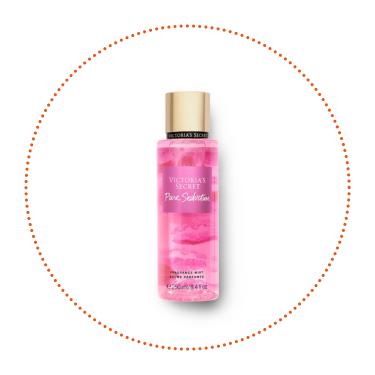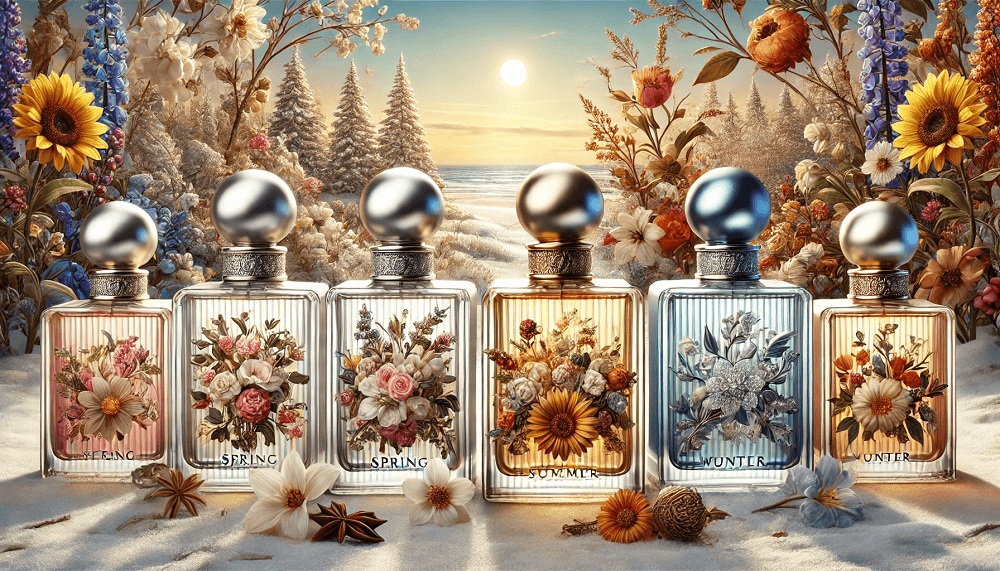What is the history of perfume?
The inception of perfume and its varied uses dates back to Ancient Egyptian times. The world's first-recorded perfume maker has been mentioned as a woman named Tapputi, whose records are reflected on a cuneiform tablet from the 2nd millennium BC in Mesopotamia. In those times, fragrances were all naturally extracted from flowers, fruits, wood, animals and other naturally existing resources. There were no synthetic chemicals used. The Bible also states that the Three Wise Men who visited baby Jesus, were carrying myrrh and frankincense. Therefore, the mention of perfume’s existence cannot be traced exactly. However, as per evidence, we can date it back to the Egyptians where the trade began.
India:
Indus civilization has exhibited earliest evidence of perfume making in as far back as 3300 BCE to 1300 BCE. One of the earliest distillations of Ittar has been mentioned in the Hindu Ayurvedic texts. According to these records, perfumes were used for royal personages and religious professionals. Another archaeological report in 1975 talks about a terracotta distillation apparatus found in the Indus valley civilization remains. Some oil containers were also found and were carbon dated to 3000BCE. These vessels were closed with pieces made of woven materials like a cork so as to absorb the vapours obtained from boiling plant materials in the vessels. The fragrance was soaked in this cork-like covering and was then wrung out to obtain perfumed oil.
Egypt:
Ancient Egyptians burned a fragrant oil for religious purposes. It was called kyphi, and was made of henna, myrrh, cinnamon, and juniper. They also soaked their lotions with aromatic flowers and woods to add scent to it. Even in burials, perfumed incenses were used by the Egyptians, as they buried the body with fragrance which they related to specific deities.
Greece, Rome:
Eventually, the art of perfumery spread to Greece and Rome where fragrant water used to flow in fountains. Cleopatra used to have her sails coated with fragrant oils before sailing into the sea. Romans also believed perfume to be a miraculous thing and thus associated it with god. They believed it to please the gods and used it extensively in religious ceremonies. The Romans invented the practice of storing fragrances in blown glass bottles. From here, perfume trade began.
Persia:
After the Greeks and Romans, the concept and use of perfumes spread widely as trade began. Persians were responsible for giving us the distillation process wherein the oil-base was replaced with alcohol. Persians dominated the perfume trade for many years. Persians also looked at perfume as a political status symbol.
Larger parts of Europe:
In 13th Century crusaders brought samples of perfume from Palestine to England, France and Italy. It was after this that the art of perfume making, using perfume and trading it became a predominant aspect in the world. Europeans used perfumes widely and in 17th century also discovered some healthcare uses of the same. It was used by doctors who were treating plague victims as shield over their mouths and noses in order to maintain hygiene and avoid the ill smell. They used varied spices as a concoction for fragrance. They also believed that would protect them from getting the disease themselves.
King Louis XIV:
He was called the “perfume king” as he demanded there to be a new fragrance each day in his kingdom. His court had huge flower plantations and dried flowers were soaked in oil and spread across the court to create perfumed air. Rose petals were used in baths as a sign of royalty. Guests were welcomed with a spray of perfumed water on their clothing. Perfume also began being used on furniture, bed linen and walls.
France became one of the prime producers of perfume and a world leader in the trade. France was cultivating flowers for their perfumed essence and in the 14th century, perfumes and cosmetics had become a thriving industry in the south of France.
16th-17th century:
By now, perfume making had become an art all over major parts of the globe. It had become an exquisite item of trade as well. It was used by the wealthy to mask odour. Many other uses were also found, like religious offerings, cosmetics, food etc. Giovanni Paolo Feminis, an Italian, invented a perfume water called Aqua Admirabilis. This is popularly known as eau de cologne today and is one of the most widely used perfumes. In the late 17th century, synthetic chemicals began being used to create fragrances that replicated naturally obtained scents. This resulted in the massive growth of perfume making business and it could be mass produced using synthetic chemicals. Nitrobenzene was the first synthetically made perfume using nitric acid and benzene. It smelled like almonds and was used in soaps majorly.
18th century-today:
Europe still remains at the centre of perfume making. France and Italy primarily reign the business. Aromatic plants and flowers are grown in large cultivations to provide raw material to the perfume making industry.
As time has progressed, synthetic chemicals are being used to replicate naturally produced fragrances. Given the uncertainty in natural harvest, availability of plant, flower and other resources, it makes it easier to manufacture perfume synthetically. Also, animals used for oil extraction in fragrances is against wildlife conservation and has resulted in endangering species of these animals. Thus, synthetically produced fragrances are being used widely to maintain the same quality of the fragrance and produce perfumes in large quantities.
Perfume24x7 gives you a world of fragrances to enjoy. There is a scent for everyone and Perfume24x7 has the complete range for you from across the world. So, step into this sweet world right here https://www.perfume24x7.com and go through our range of men’s, women’s and kids’ fragrances. Deodorants, colognes and body mists are also a part of our large variety of products. Choose the best perfume shopping experience at PERFUME 24x7










Leave a comment